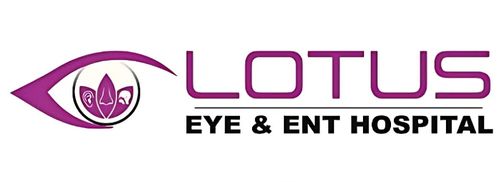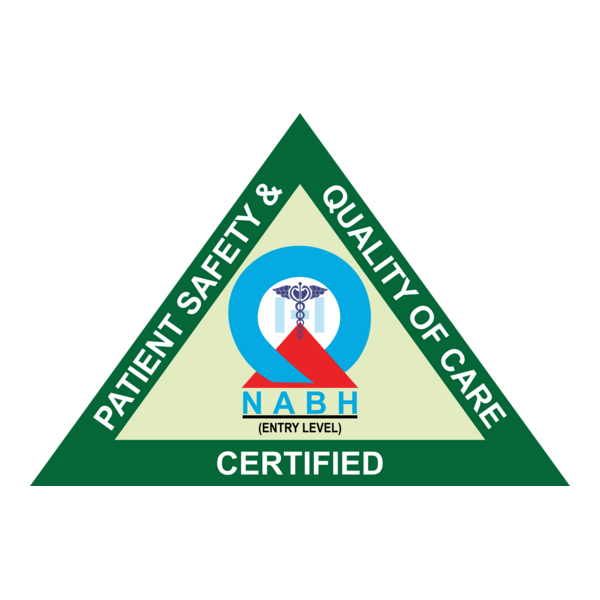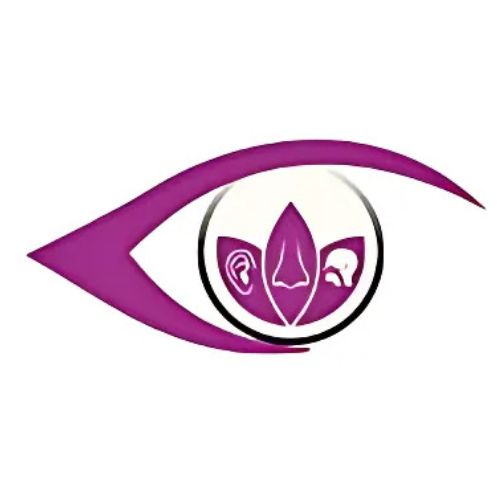Nasal Blockage Relief
Definition
Nasal blockage relief involves diagnosing and treating obstruction in the nasal passages caused by infections, allergies, structural issues, or polyps. Proper treatment restores normal breathing, reduces discomfort, and improves overall nasal function.
Purpose of Nasal Blockage Relief
To restore easy and unobstructed breathing
To reduce discomfort, snoring, and sleep disturbances
To prevent chronic sinus infections or complications
To improve overall quality of life and nasal health
Types and Methods of Relief
Medical Management
Decongestants & Nasal Sprays: Reduce swelling and improve airflow
Antihistamines: Treat allergy-related nasal obstruction
Antibiotics: For bacterial infections causing blockage
Surgical Intervention
Septoplasty: Corrects deviated septum
Functional Endoscopic Sinus Surgery (FESS): Removes polyps or obstructions
Turbinate Reduction: Improves airflow in chronic congestion
Lifestyle & Supportive Measures
Saline nasal irrigation to clear mucus and allergens
Avoiding irritants such as smoke and pollution
Maintaining hydration and proper humidity in the environment
Benefits of Nasal Blockage Relief
Restores comfortable and unobstructed breathing
Reduces snoring, congestion, and sinus pressure
Prevents chronic sinus problems or infections
Enhances sleep quality and overall well-being


